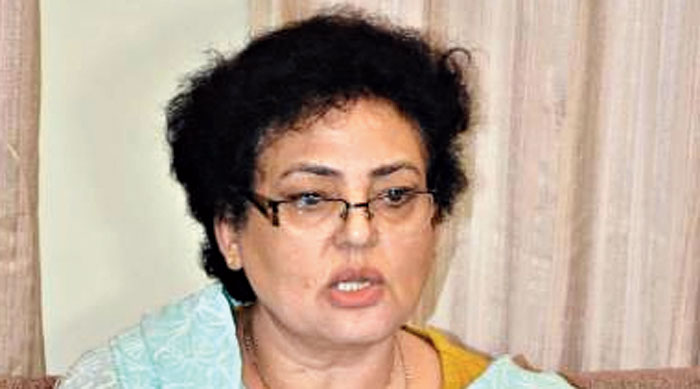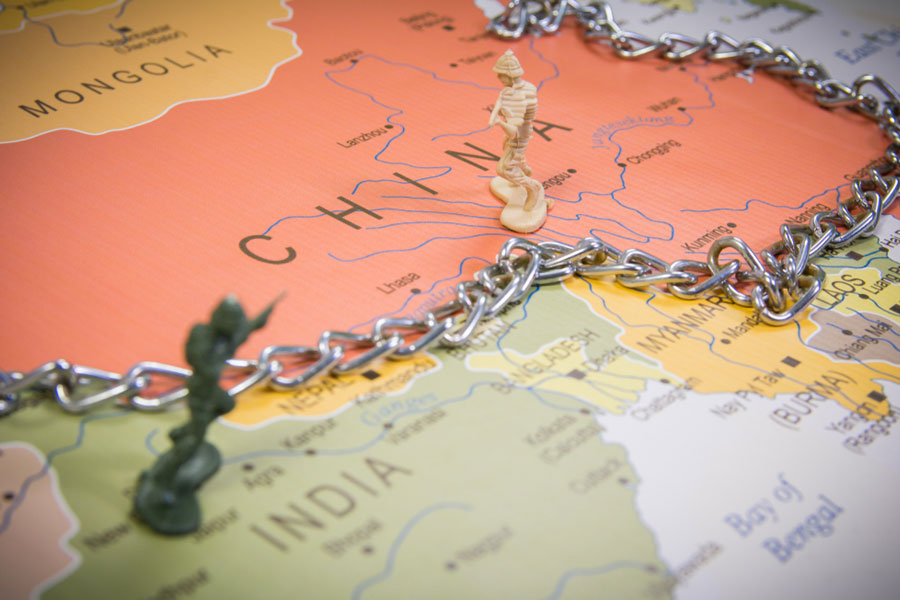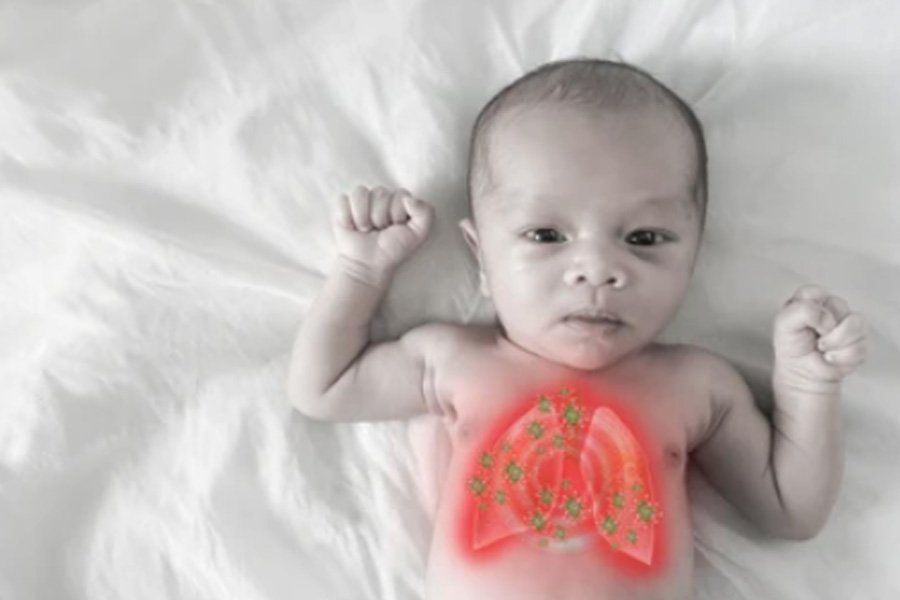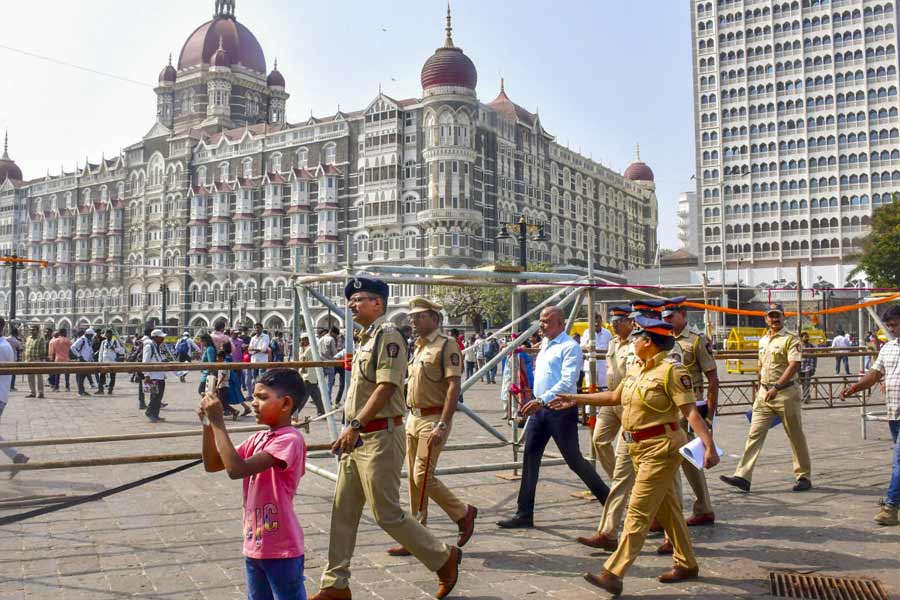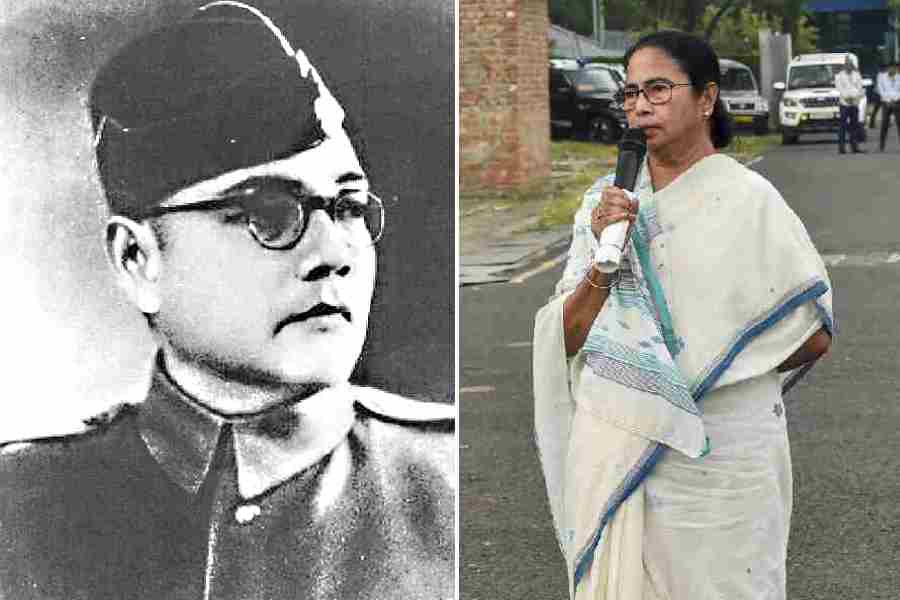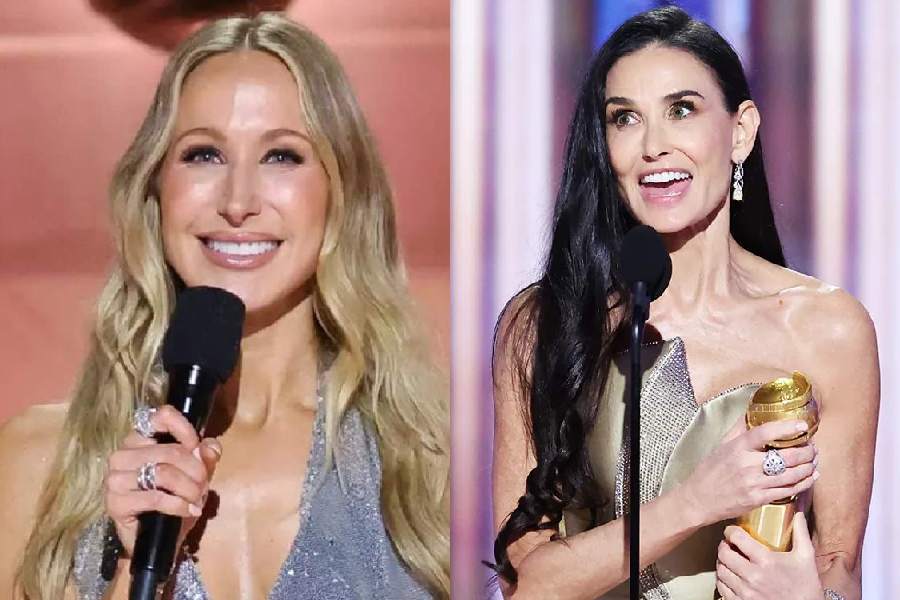Hatred, like falsehood, is hydra-headed; the myths it generates are varied. The foot soldiers of Hindutva are well qualified to execute the acts of hate favoured by their ideology, the outcome of which is destructive enough. It is far more alarming when the myths are propagated by responsible office-holders. The chairperson of the National Commission for Women, Rekha Sharma, discussed with the governor of Maharashtra ‘the rise in love jihad cases’ in the state. Love jihad is a term that claims that men from the largest minority community seduce or ‘brainwash’ women from the majority community in order to marry them and convert them to Islam. The targeted hatred in the phrase drowns its absurdity; its force was exemplified recently when an advertisement for jewellery had to be withdrawn because it implied such an interfaith union. Yet the Bharatiya Janata Party admitted in Parliament in February that there is no evidence of love jihad. That did not stop Ms Sharma from bringing it up in an official discussion. Even though the NCW Twitter handle proudly mentioned this, it offered no data. Ms Sharma claims not to be against interfaith marriages per se, but there are apparently love jihad cases that need attention.
Ms Sharma is not just any office-bearer: she heads the NCW. The idea of love jihad, apart from being vicious, baseless and against a particular community, is also an attack on the rights and autonomy of women. Women are seen here as the property of communities, ‘owned’ by either this or that ‘side’, without agency and without brains, so they can be ‘tricked’ into marriage. They are incapable of love or independence. It is not merely shocking but also painful that India should have someone who propagates hatred and demeans women as chairperson of its women’s commission. The national and state women’s commissions are supposed to defend women against the misogyny of Indian society, not enhance it. The NCW chairperson is nominated by the Central government; Ms Sharma seems to be the vehicle of its ideology and prejudices. More broadly, the incident shows up the flaws of the nominating system. A body that is meant to be investigative and critical should not have office-bearers whose interests and values coincide with those of the regime in power.

